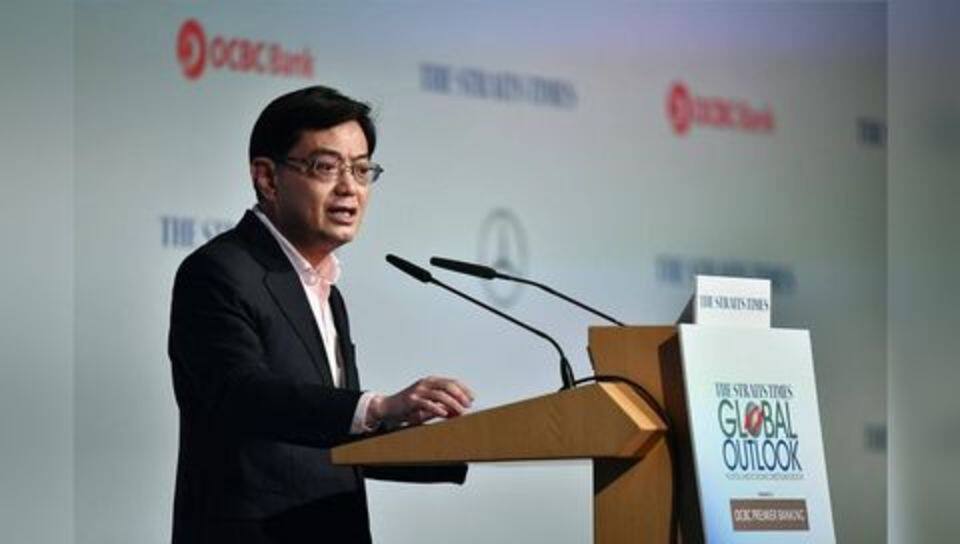
After surplus budget, Singapore to pay bonus to all citizens
What's the story
In a rare occurrence, Singapore's citizens above 21yrs, will get a one-off "SG bonus," ranging from S$100 to S$300, depending on their income.
This became possible as the government expects an overall budget surplus of S$9.6 billion, which is 2.1% of the GDP.
Finance minister Heng Swee Keat, described the bonus as "hongbao," a mandarin word for monetary gift given on special occasions.
Surplus
How did Singapore manage a surplus?
This year, Singaporean government spent less than it had anticipated. Further, it received bumper contributions from the country's statutory boards, worth S$4.6bn, and stamp duty, worth S$2 billion. The latter was after the property market picked up.
This was off-set by lower tax collections from GST and motor vehicle taxes.
However, despite this, Heng was cautious. He said this can't be expected every year.
Details
What will Singaporeans receive?
Heng stated that the bonus represents "government's long-standing commitment to share the fruits of development with Singaporeans."
It will cost the government S$700 million (US $533 million). About 2.7mn people will be paid by 2018-end.
Those with S$28,000 income or below will get S$300, those in S$28,001-S$100,000 income range will get S$200, and those with above-S$100,000 incomes will get S$100.
Do you know?
How will the government spend the other surplus?
Meanwhile, S$5bn will be set aside for the Rail Infrastructure Fund for upcoming railway lines. Further, S$2bn will be kept for premium subsidies and support for Eldershield, insurance scheme that assists severely-disabled senior citizens to pay for their daily care.
Future
So, how does 2018 look for Singaporeans?
Reportedly, Singapore's 2018 outlook remains bright.
But, apart from the bonus, Heng announced a slew of taxes, including a surprise hike in property levies. He wants to bolster savings for Singapore's rapidly aging population.
Soon, population aged 65+ will match those younger than 15yrs. The fertility rate remains half the global average and a strict immigration policy disallows new blood, intensifying the aging crisis.